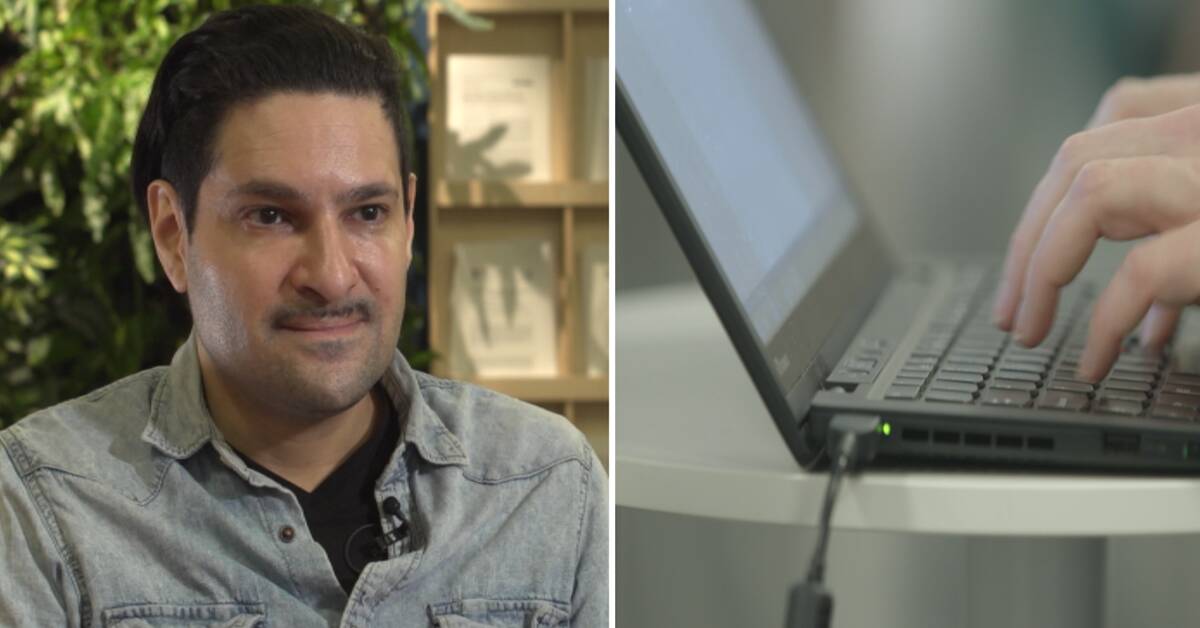With the launch of the AI tool Chat GPT at the end of last year, AI technology had its broad impact. Since then, music, art and journalism made by AI have received a lot of attention and raised some concerns about the future.
But that the tool would be as intelligent as a human is a myth, says Karim Jebari, researcher at the Institute for Futures Studies in Stockholm.
"The use of the word intelligence in AI, artificial intelligence, has led to the belief that AI can do a lot of things that it actually cannot. That it can think, feel, that it can get angry and so on. But there are a lot of projections," says Karim Jebari, philosopher and researcher at the Institute for Futures Studies in Stockholm.
Self-learning programs
AI or Artificial Intelligence is a collective name for a self-learning computer program. While a normal computer program is controlled by manually entering certain data, the AI learns to solve problems and draw its own conclusions. The technology has been around since the 50s and has become increasingly efficient in recent years.
Karim Jebari has researched AI and how new technology can affect humanity's long-term future. As a researcher, he is positive about the development and believes that it can at best lead to a technological boom like the one in the 90s.
"I'm very positive about this development. I really hope that this will lead to an increase in productivity so that we do not have to work as much or work with better things in the future, he says and continues:
"But what I see as very problematic, it is precisely this narrative about the myths about AI that is based precisely on the notions that AI is intelligent or that AI is something beyond a machine.
Hear more about how AI technology works in the feature above.

